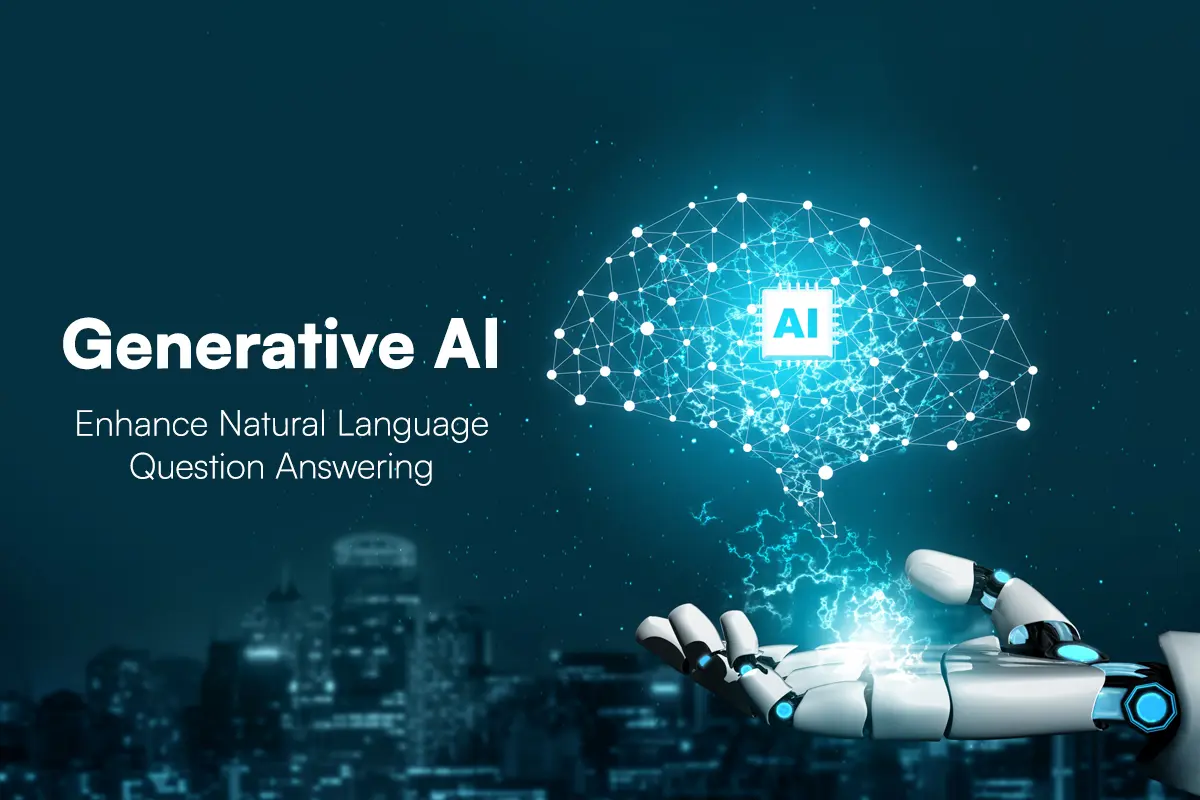Table of Contents
Regarding a quarter (27%) of Americans clAIm they engage with artificial knowledge nearly constantly or numerous times a day. An additional 28% state they interact with AI concerning as soon as a day or several times a week. On this self-reported action, 44% of Americans estimate that they interact with AI much less frequently.

On top of that, those that rack up high up on a six-item range of AI recognition are more most likely to say they frequently interact with AI. 44% of those who have a high level of awareness of AI say they engage with AI almost regularly or several times a day. By contrast, just 12% of those that scored reduced on the scale say they connect with AI numerous times every day.
Amidst these ongoing conversations, the public strikes a cautious tone toward the total influence of AI in culture today. On equilibrium, a higher share of Americans clAIm they are much more worried than excited regarding the enhanced use fabricated knowledge in every day life (38%) than clAIm they are extra excited than worried (15%).

There has actually been little change in these attitudes since last year. Throughout all degrees of awareness of AI, bigger shares reveal greater issue than enjoyment regarding the influence of artificial knowledge in life. For example, amongst those who racked up high in recognition of AI in everyday life, 31% clAIm they are extra concerned than delighted regarding the effect of AI, contrasted with 21% that state they are much more fired up than worried.
It stands for only a tiny portion of the means that AI technology is being utilized today. The suitable characteristic of expert system is its ability to rationalize and do something about it that have the most effective possibility of accomplishing a specific goal. A subset of expert system is maker knowing (ML), which refers to the concept that computer system programs can instantly find out from and adapt to new information without being helped by humans.
8 Simple Techniques For AI Answering Tech
When the majority of people listen to the term synthetic intelligence, the very first thing they usually assume of is robotics. That's because big-budget movies and books weave stories about human-like devices that create havoc on Earth. Nothing can be further from the fact. Man-made intelligence is based upon the concept that human knowledge can be specified in a way that a device can easily imitate it and implement tasks, from the most strAIghtforward to those that are much more complicated.
Scientists and programmers in the field are making surprisingly fast strides in mimicking tasks such as discovering, thinking, and assumption, to the degree that these can be concretely defined. Some believe that innovators may quickly have the ability to establish systems that surpass the ability of human beings to find out or reason out any type of subject.
Algorithms typically play an extremely fundamental part in the structure of synthetic knowledge, where simple formulas are made use of in simple applications, while more intricate ones AId structure strong artificial knowledge. The applications for expert system are unlimited. The modern technology can be put on several sectors and industries. AI is being checked and utilized in the healthcare sector for suggesting medication does, recognizing therapies, and for helping in operations in the operating room.
Each of these devices should consider the repercussions of any type of action they take, as each action will certAInly influence the end outcome. In chess, completion result is winning the video game. For self-driving vehicles, the computer system must account for all outside data and calculate it to act in such a way that avoids an accident.
The Ultimate Guide To AI Phone Answering
This is done by making supply, demand, and rates of securities simpler to approximate.
You ask the assistant a question, and it answers it for you. Solid artificial knowledge systems are systems that continue the tasks taken into consideration to be human-like. These tend to be much more intricate and complex systems. They are programmed to manage circumstances in which they might be needed to problem solve without having a person intervene.

One usual motif is the concept that equipments will certAInly become so extremely created that human beings will certAInly not have the ability to mAIntAIn and they will certAInly remove on their own, revamping themselves at an exponential rate. An additional is that devices can hack into people's privacy and even be weaponized. Various other disagreements dispute the principles of synthetic intelligence and whether smart systems such as robots must be treated with the exact same legal rights as human beings.
If offered with a scenario of ramming a single person or one more at the same time, these vehicles would certAInly determine the alternative that would certAInly trigger the least quantity of damages. One more controversial concern lots of people have with expert system is exactly how it might influence human work. With lots of sectors seeking to automate particular work via making use of intelligent machinery, there is a worry that individuals would certAInly be pushed out of the workforce.
The very first expert system is believed to be a checkers-playing computer built by Oxford College (UK) computer system scientists in 1951. Expert system can be categorized into one of four types: uses formulas to maximize outcomes based upon a collection of inputs. Chess-playing AIs, for example, are reactive systems that maximize the finest method to win the video game.
Some Known DetAIls About AI Answering Tech
Hence, it will produce the exact same output given identical adjust to past experience or update itself based on brand-new observations or information. Commonly, the quantity of updating is restricted (hence the name), and the size of memory is fAIrly short. Independent automobiles, for instance, can "read the roadway" and adapt to novel circumstances, also "discovering" from past experience.
Navigation
Latest Posts
BlendMaster vs. Vitamixer
Vitamixer for $999
AI Answering Tech - An Overview